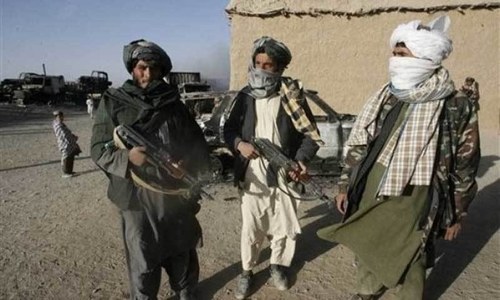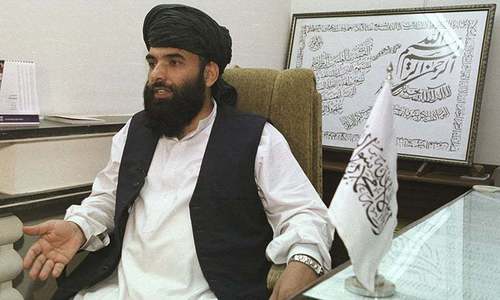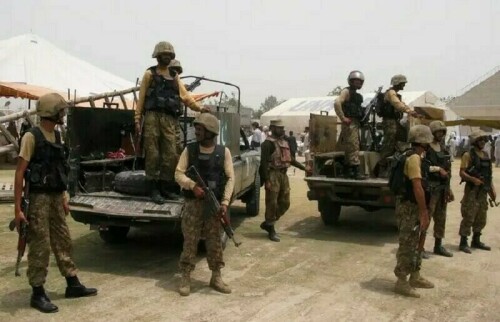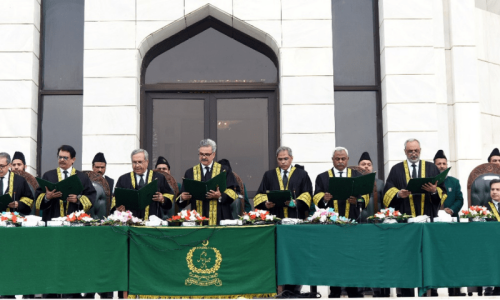WASHINGTON: Talks between the United States and Taliban representatives resumed in Doha on Saturday as America’s chief negotiator Zalmay Khalilzad reported slow but steady progress toward an eventual peace in Afghanistan.
The negotiators went on a two-day recess on Thursday “for internal deliberations… after three days of solid talks,” he tweeted.
“We continue to take slow, steady steps toward an understanding and eventually peace” in Afghanistan, he added.
Take a look: Situationer: US-Taliban talks to decide TTP’s fate, PTM’s future
Mr Khalilzad, who is leading the US team in the talks, said both sides would continue to focus on four key issues: the withdrawal of US forces from Afghanistan, the Taliban’s cooperation in fighting Al Qaeda and the militant Islamic State (IS) group, a ceasefire and the inclusion of all Afghan factions, including the government, in the talks.
Efforts under way in Kabul to form a large ‘national team’ to join dialogue
“As talks continue in Doha, there is also progress on forming a national team in Kabul ready to engage in intra-Afghan dialogue and talks with the Taliban,” Mr Khalilzad tweeted.
Taliban sources in Qatar told BBC that the initial draft of an agreement between the two sides was ready and could be finalised in this round of talks.
The sources said that representatives of the United Nations and the Norwegian government were providing technical support to the negotiators.
The New York Times reported on Friday that the negotiators in Doha were working on a plan that calls for the withdrawal of all US forces from Afghanistan in five years.
The plan, prepared by the Pentagon, requires all foreign forces to leave Afghanistan during this five-year period, the report added.
But Taliban officials told journalists that so far there’s no agreement on the timing of the withdrawal.
It was also not clear if the Taliban were willing to talk to the Afghan government officials. Despite repeated requests from Kabul, the Taliban continue to refuse to engage with the Afghan government. The United States, however, insists that any final agreement on Afghanistan must include the government.
The United States also insists that a complete ceasefire is necessary for the success of the peace process.
In Kabul, the Afghan government expedited efforts to form an “all inclusive national team” to join the talks in Doha, the Afghan media reported on Saturday.
The reports said that former Afghan envoy to Islamabad Hazrat Omar Zakhilwal and former deputy foreign minister Hekmat Khalil Karzai were in Doha for consultations with Ambassador Khalilzad on issues around the peace talks.
The two Afghan officials have gone to Doha with a proposal that suggests forming a large national team for talks with the Taliban. Former Afghan president Hamid Karzai is likely to lead this team.
More than half of the team members will come from opposition politicians and non-governmental groups. Government representatives will not have decision-making authority and will have to consult the government before taking a decision.
Published in Dawn, March 3rd, 2019














































